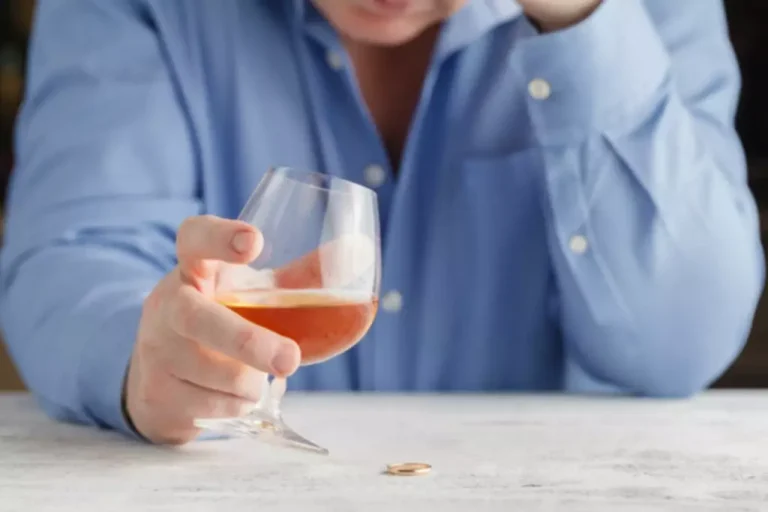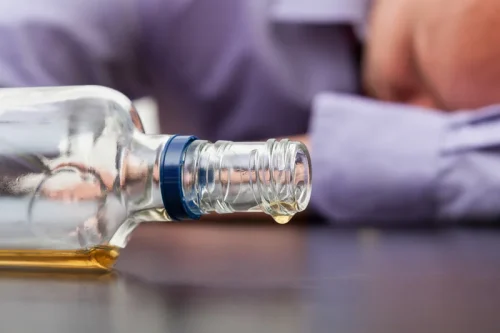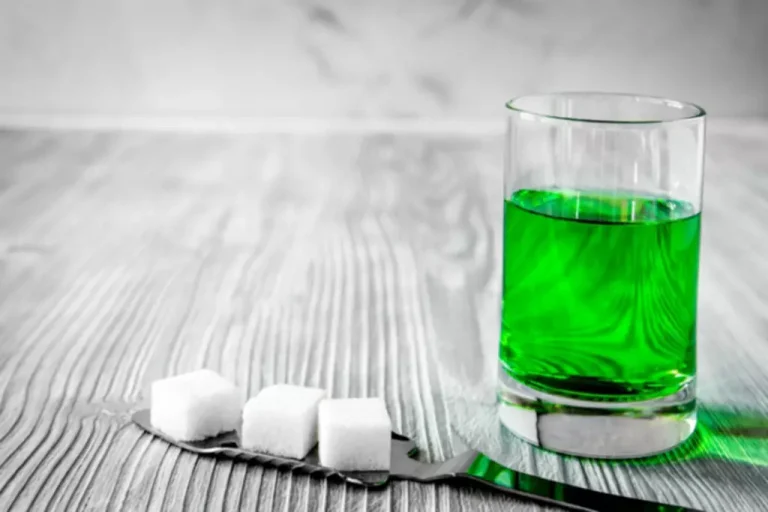
However, the American Psychiatric Association (APA) and World Health Organization (WHO) no longer use the term “drug abuse” as a medical diagnosis. Finally, access to quality rehab programs can also be a challenge. In many cases, individuals may face barriers such as cost, lack of insurance coverage, or limited availability of treatment options. Addressing these barriers is critical to ensuring that individuals struggling with addiction can access the care and support they need to achieve and maintain their sobriety. However, other forms of drug dependence can cause significant withdrawal symptoms.

Why do some people become addicted to drugs while others don’t?
- Visit a doctor, therapist or deaddiction center to find out the severity of the substance abuse and to get any treatment or therapy that can help you get out of it.
- Men are more likely than women to misuse alcohol and have alcohol use disorder, but women are more likely to experience harmful health effects from alcohol.
- With the advent of telehealth addiction treatment programs, addiction treatment is more accessible than ever.
- In maintenance therapy, a prescribed medication (like methadone) is substituted for a highly addictive drug (like heroin) to prevent withdrawal and cravings, and as part of a harm-reduction strategy.
- The DSM-5-TR recognizes that people are not all automatically or equally vulnerable to developing substance-related disorders.
Ultimately, both physical and psychological addictive factors come into play when overcoming addiction, making it ever so important to reach out for professional help. Contact a treatment provider today for treatment options that can lead to a life without addiction. Substance abuse is a broad term that refers to the use of any substance—illegal drugs, prescription drugs, over-the-counter (OTC) drugs or alcohol—in excessive amounts. Many of these addictive substances are fine in small amounts if they are used for preventing or treating health issues. American Treatment Network is an outpatient substance abuse clinic headquartered in Havertown, Pennsylvania.
Drugs, Brains, and Behavior: The Science of Addiction
- Even individuals who have successfully completed rehab may still face triggers and cravings that can lead to relapse.
- People who drink too much alcohol might forget things that happened when they were drunk.
- Attempts to stop drug use may cause intense cravings and make you feel physically ill.
- Previously, the term ‘substance use’ was meant to describe mild use of a substance, and the term ‘substance abuse’ was used to describe moderate or more severe use.
- Because we talk about alcohol and drugs as different categories without defining them.
- Women may be more likely to face additional barriers to treatment, such as needing child care or elder care.
Opioids are narcotic, painkilling drugs produced from opium or made synthetically. This class of drugs includes, among others, heroin, morphine, codeine, methadone, fentanyl and oxycodone. Barbiturates, benzodiazepines and hypnotics are prescription central nervous system depressants. They’re often used and misused in search for a sense of relaxation or a desire to “switch off” or forget stress-related thoughts or feelings.

Drug addiction (substance use disorder)
Women’s bodies process the chemicals in tobacco differently from men’s. Women are not as likely to be successful at quitting tobacco by using a nicotine patch or gum.25 Learn about ways to quit smoking, including expert advice and tips from other women, at women.smokefree.gov. Others have periods of being sober but then start drinking again and may need treatment again. Outpatient treatment is a less intensive program that usually involves fewer hours and days per week. This program serves as a follow-up treatment, designed to offer a longer-term structure to those who have completed inpatient or intensive outpatient programs. In maintenance therapy, a prescribed medication (like methadone) is substituted for a highly addictive drug (like heroin) to prevent withdrawal and cravings, and as part of a harm-reduction strategy.

Social Problems
Some drugs, such as marijuana and heroin, can activate neurons because their chemical structure mimics that of a natural neurotransmitter in the body. This allows the drugs to attach onto and activate the neurons. Although these drugs mimic the brain’s own chemicals, they don’t activate neurons in the same way as a natural neurotransmitter, and they lead to abnormal messages being sent through the network.
- Several evidence-based treatment approaches are available for AUD.
- Our philosophy is customized integrated health care for our patient’s physical and behavioral needs in one central location and provides the follow up support necessary to beat opioid and alcohol addiction.
- According to a 2021 research article, healthcare professionals often misunderstand them, which can lead to misdiagnosis.
- This risk is four to seven times higher for those who began using the drug in their teens.
Several evidence-based treatment approaches are available for AUD. One size does not fit all and a treatment approach that may work for one person may not work for another. Treatment can be outpatient and/or inpatient and be provided by specialty programs, therapists, and health care providers. If you use substances https://ecosoberhouse.com/ for recreational purposes, misuse prescription medications, or take substances for the purposes of becoming intoxicated, talk to your doctor about your treatment options. The line between use and abuse is unclear for many legal substances. Is having a couple of drinks every day after work to unwind use or misuse?

The exact type of medication given during detox depends on the recovering person’s drug of choice. There are specific ages that make a person more likely to develop a substance use problem. Adolescence is a particularly risky time due to the developing, not-yet-mature brain. Thus, drug use causes changes in the brain that can result in a lack of self-control and poor decision-making and judgment. Drugs and alcohol are always mistaken as destroyers of lives.

Professionals who are certified or licensed in addiction medicine can determine whether a person’s substance use is a cause for concern, and diagnose and treat substance use disorder, says O’Neill. Your primary doctor can provide a reference to a specialist, if needed. When a person consumes larger difference between drugs and alcohol quantities of alcohol, specifically more than the body is equipped to process, the drinker is more likely to experience the depressant effects of alcohol. Whether drinking beer, wine, or liquor, the amount used can drastically impact whether the user experiences depressant or stimulant effects.
